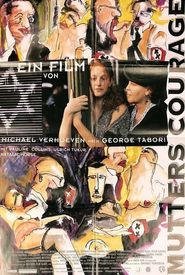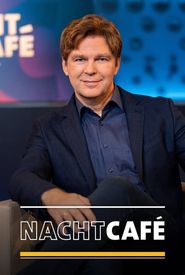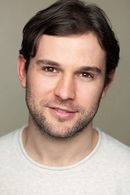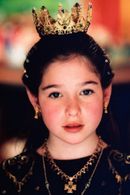Peter Radtke's early life was marked by challenges, as he was born with three broken bones due to brittle bone disease. To protect him from the National Socialist ideology, his mother hid him. In 1943, the family moved to Regensburg, where Radtke received private lessons to complete his elementary education.
He then trained as an interpreter, translator, and commercial correspondent in English, French, and Spanish at a private foreign language school from 1957 to 1961. Radtke acquired the "Certificate in American Culture and Civilization" from the University of Pennsylvania in 1963.
Radtke attended the evening high school in Regensburg, graduating in 1968. He then studied German and Romance languages at the universities of Regensburg and Geneva from 1968 to 1976, passing the first state examination in German and French in 1973.
In 1974, Radtke married elementary school teacher Gertraud Spanner. He received his doctorate in Romance studies in Regensburg in 1976, with a minor in German studies, on the literary topic "The problem of 'fragility' in Rabelais, Diderot and Claudel".
Under his leadership, the "Disability Program" department was set up at the Munich Adult Education Center from 1973 to 1976. Radtke was managing director and editor-in-chief of the "Working Group for Disabilities and Media e.V." from 1984 onward.
As an author, Radtke wrote scientific publications on the problem of people with disabilities from the mid-1970s. He also began his career in the theater and became president of the international umbrella organization EUCREA from 1994 to 2001.
In 2003, Radtke became a member of the National Ethics Council. He has appeared in numerous panel discussions and television contributions, becoming one of the most important observers of social values. Using his authentic experiences and philosophical insights, Radtke has questioned abortion and the value of human beings.
Radtke has received numerous awards, including the Federal Cross of Merit on Ribbon, the Federal Cross of Merit 1st Class, the Bavarian Order of Merit, the Cultural Promotion Prize of the City of Regensburg, the Culture Prize of the City of Regensburg, the Media Prize of the Federal Association LEBENSHILFE, and the Honorary Chairmanship of the German Society for Osteogenesis Imperfecta Affected People e.V.
In 2011, Radtke appeared in the documentary "Take me as a whole. Peter Radtke - A life in a thousand fractures" by Thomas Koerner.


















